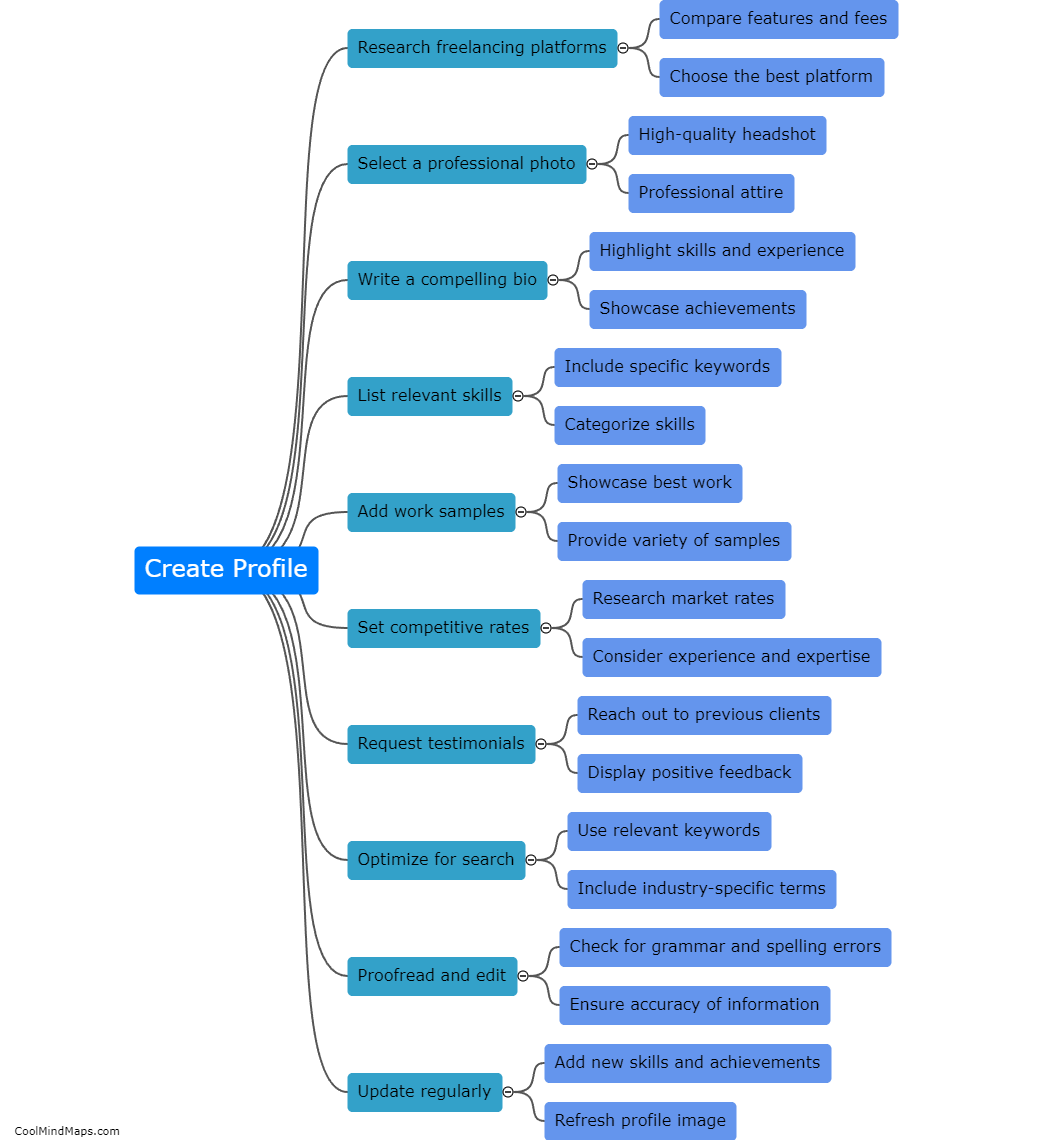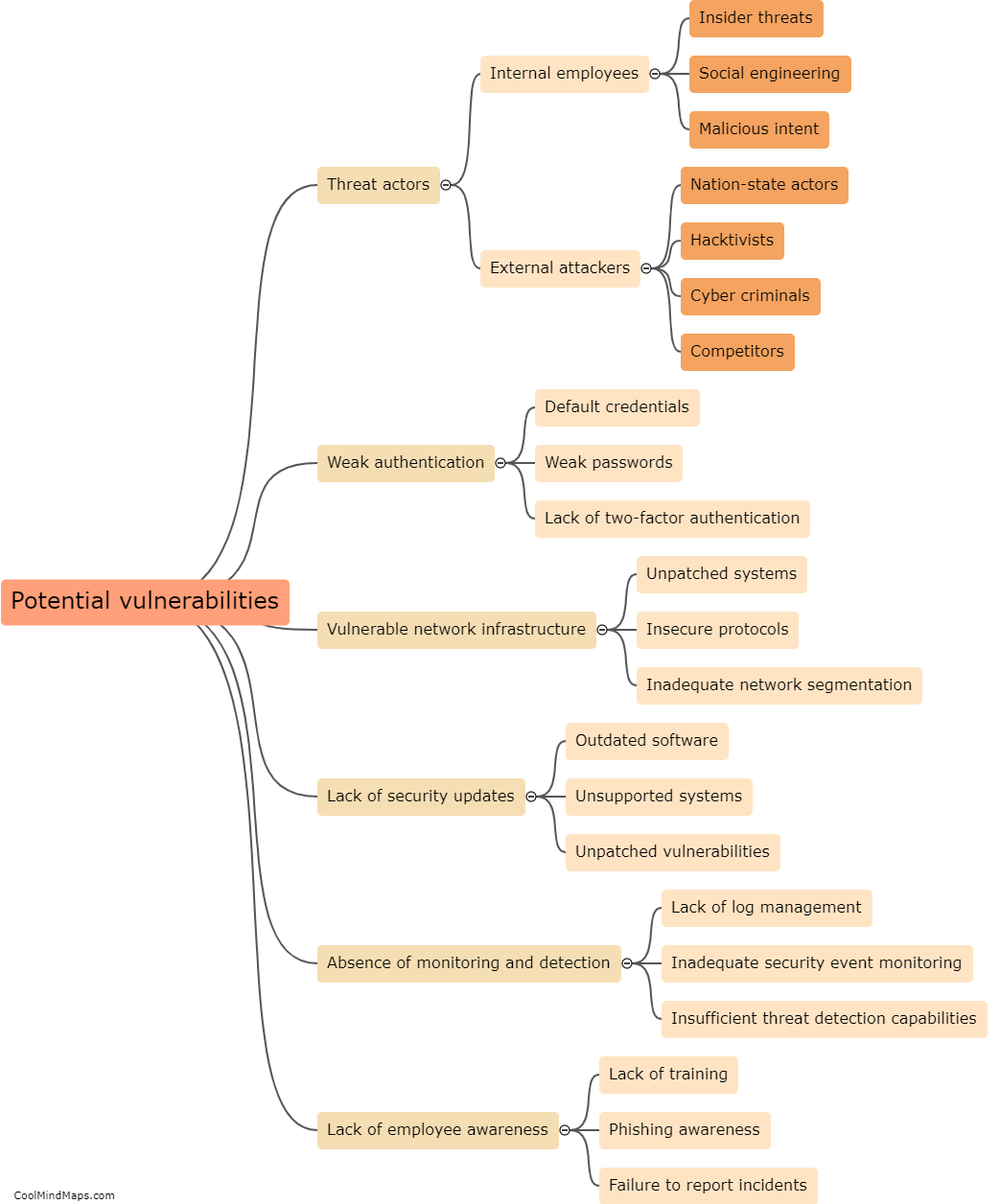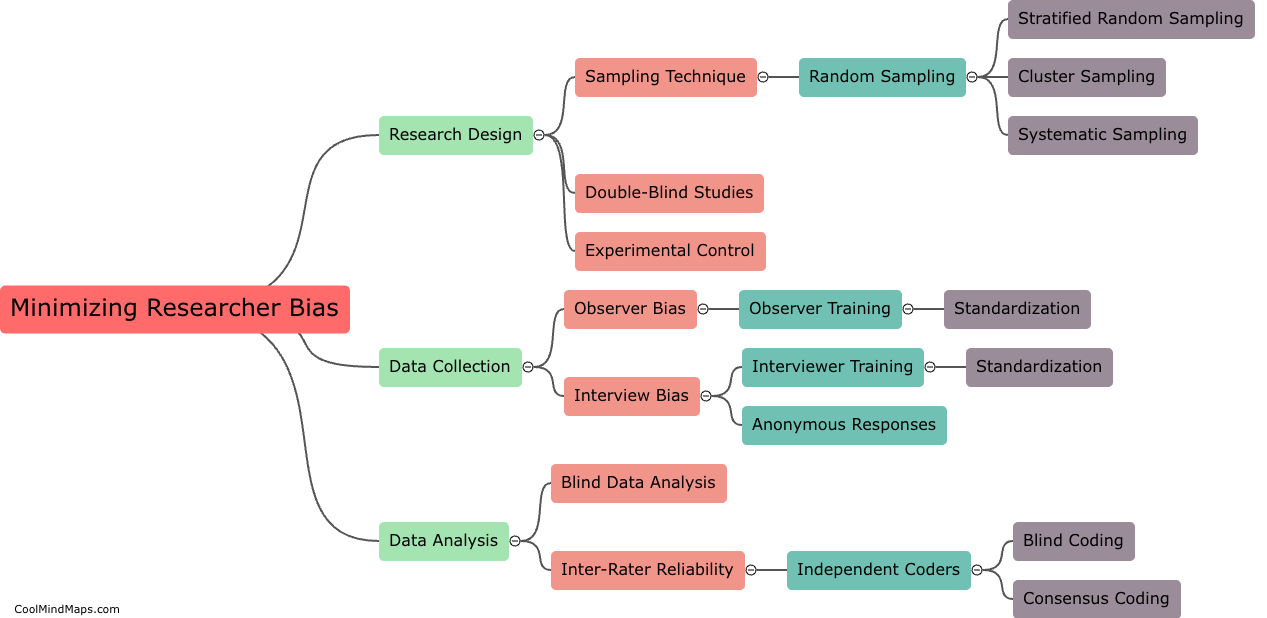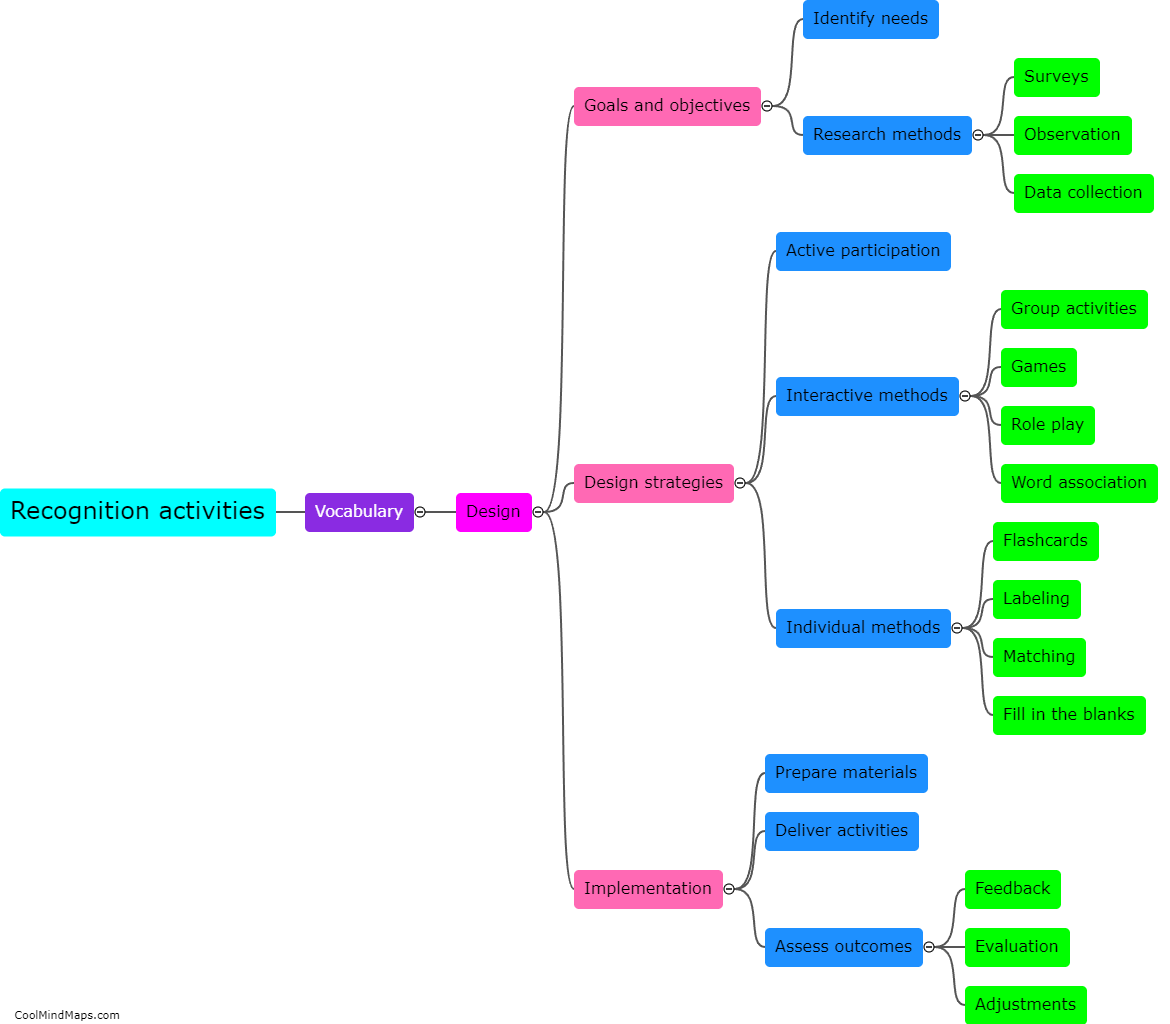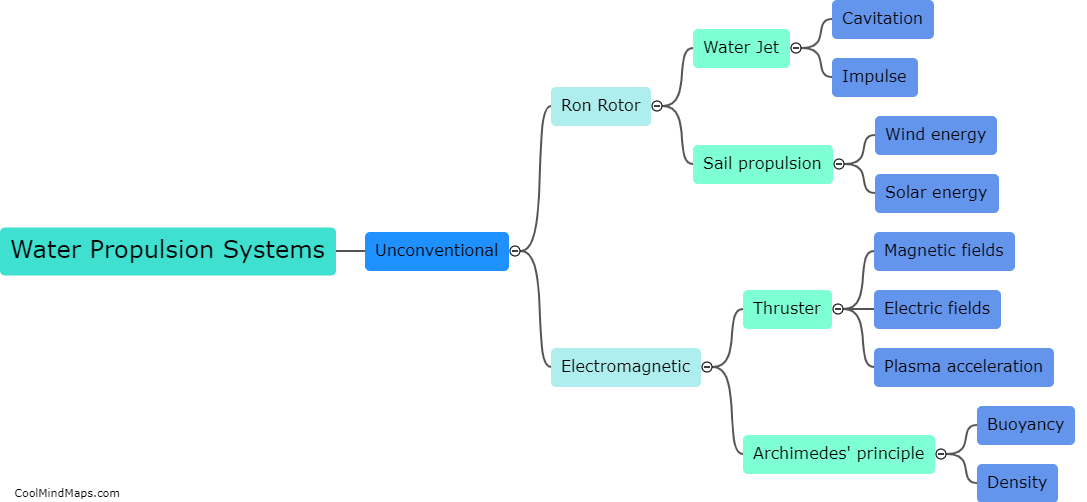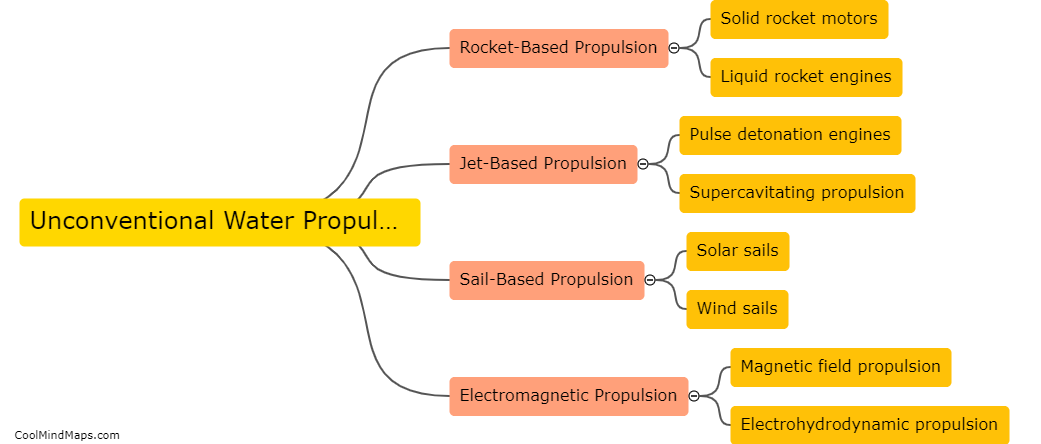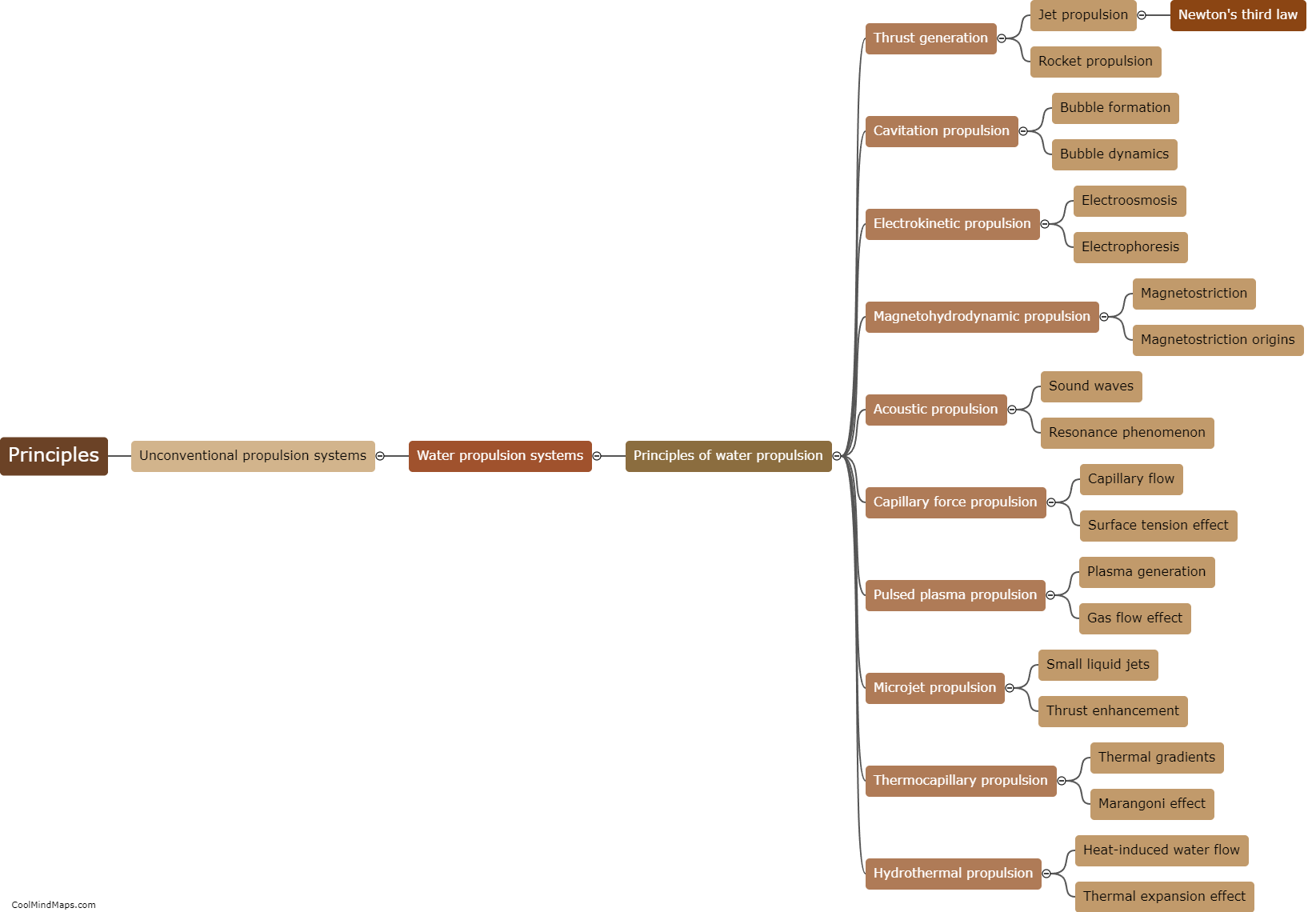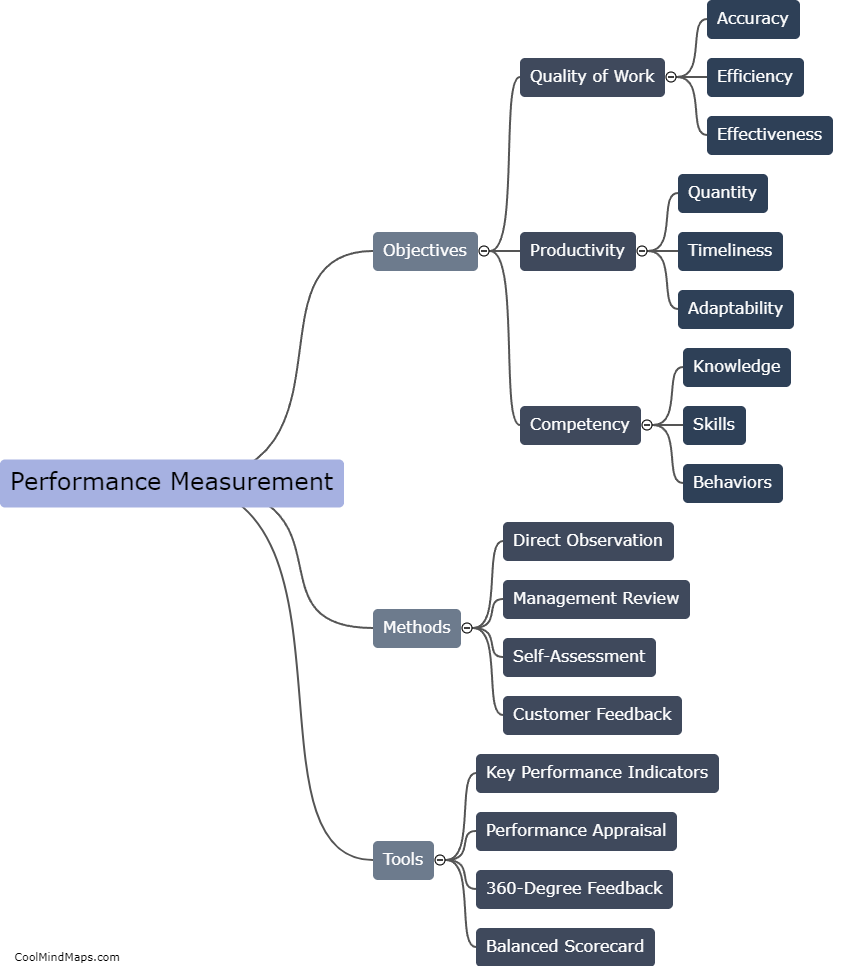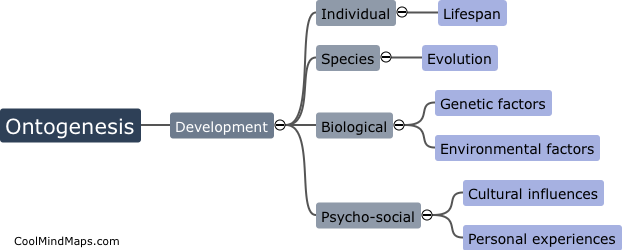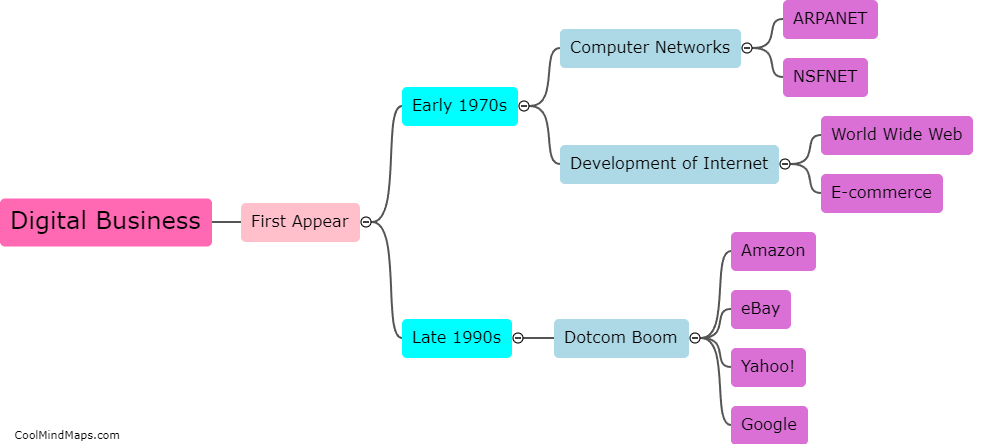How does ability differ from potential?
Ability and potential are often used interchangeably, but they have distinct meanings. Ability refers to the current skill or capacity of an individual to perform a specific task or achieve a particular outcome. It represents the application of knowledge and experience acquired over time. On the other hand, potential refers to the inherent capabilities or latent talents that an individual possesses, often untapped or undeveloped. It signifies what an individual could achieve or become in the future, given the right opportunities, guidance, and effort. While ability is a measure of present proficiency, potential represents future possibilities and growth. Someone may have considerable potential but limited ability due to lack of experience or exposure, whereas others may have exceptional ability but limited potential for further growth. Therefore, recognizing the difference between ability and potential can help individuals better understand their current capabilities and chart a path for further development and growth.
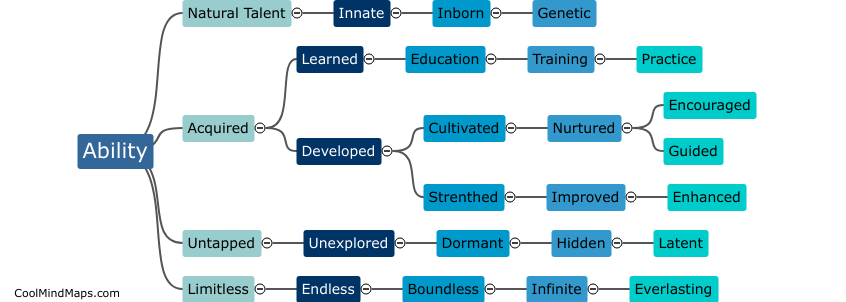
This mind map was published on 11 November 2023 and has been viewed 106 times.
